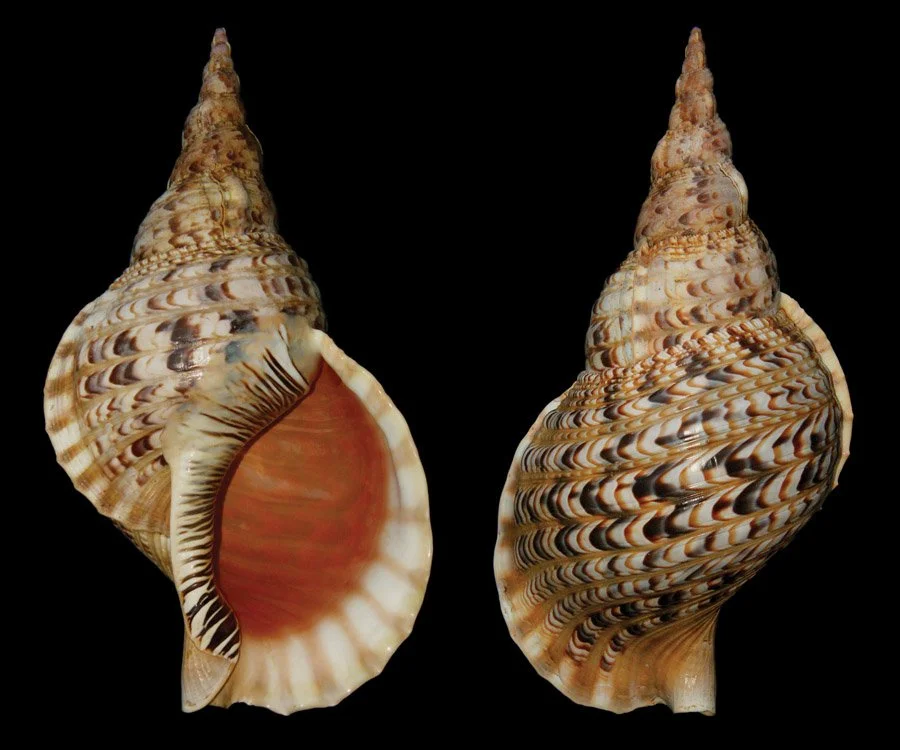Sounds of the Moana: winning Gold in New York
“Can we save the indigenous sounds of Moana-Nui-a-Kiwa?” asks Tau’ili’ili Alpha Maiava, host of a two-episode podcast series Sounds of the Moana, as he addresses this important question with Moana Pacific music elders, practitioners and scholars. A Gold award at the prestigious New York Festival’s Radio Awards for the outstanding series recently delighted its producers, SOUNZ, Centre for New Zealand Music.
Winning Gold for their first major podcast series thrilled Diana Marsh, SOUNZ’s Chief Executive and one of the series’ Executive Producers. “Over forty countries entered these Awards - they’re really big-time stuff,” she says. “All major international broadcasters were there. We’re a small organisation. Our guest scholar, Dr. Mahina, called our Gold win a ‘David and Goliath’ moment.”
Hūfanga-He-Ako-Moe Lotu Dr. ’Ōkusitino Māhina - a distinguished Tongan scholar who contributed to the Sounds of the Moana podcast
She was referring to Auckland-based Hūfanga-He-Ako-Moe Lotu Dr. ’Ōkusitino Māhina, a Tongan-born professor of art, culture and critical anthropology and one of several impressive contributors to the series. Both podcast episodes are remarkable for their depth, quality of research and engagingly communicative style. Speaking of crossing between the worlds of the living and the dead, Māhina sings an ancient chant in his rich, deep voice. He laughs about the fearful suspicions of missionaries that the “sounds of the other side” were associated with the devil. “The onus is on our shoulders,” he tells host Maiava, “to build a bridge between past and present.”
Melbourne-based Samoan musicologist Rita Seumanutafa also addresses the impact of Christian missionaries, whose western harmonic ideals prevailed over traditional musics. “Remnants of ancestral singing approaches remain,” she explains in the podcast, “with nasal tones and chest voice used particularly in outdoor performances.” Meanwhile Maiava notes that “the sounds of the colonisers through the Church are also part of our modern Pacific identity.”
The conch shell or pū
…known all over the Pacific as a signal.
The second, equally fascinating episode of the series focuses on instruments significant to most Moana Pacific cultures, the conch shell (pū/foafoa), wooden slit drum (pātē) and nose flute (fangufangu/vivo ko’e). “The conch shell,” we are told, “is a signal all over the Pacific for important gatherings and rituals. Its purpose is to clear the cosmos, clear the air of negativities.” The name of the pātē comes from pā (“explode”) and tē, meaning “space or sound”. The name also refers to “the beating of the heart”, and Cook Island drum master John Kiria explains that there are specific, and different, beats for different villages.
Ma’ara Maeva (left), Cook Islands knowledge-holder, with host Tau’ili’ili Alpha Maiava during the making of the winning podcast series
Many instruments are endangered or extinct. Māhina, who has been significant in the re-discovery of the fangufangu, talks about the musical, ceremonial and sacred roles of the nose flute in Tongan society. “It’s hypnotic, therapeutic and psycho-hypnotic.”
Another SOUNZ series, The Magpie House, exploring stories around the former home of composer Douglas Lilburn, was a finalist at the New York event. “Our podcasts,” Marsh says, “are part of our story-telling project. We’re demonstrating the importance of our music to understanding our cultures and stories.”
Sounds of the Moana, a 2-episode podcast by SOUNZ, Centre for New Zealand Music, https://news.sounz.org.nz/sounds-of-the-moana/ is available on all major streaming platforms and will be broadcast on Radio NZ.
Tau’ili’ili Alpha Maiava (Host/Producer), Sophie Yana Wilson (Producer). With guests: Hūfanga-He-Ako-Moe Lotu Dr.’Ōkusitino Māhina, Rita Seumanutafa, Leuga Ape Taua’ana Ata Sofara, Ma’ara Maeva, Anonymouz (aka Faiumu Matthew Salapu) and John Kiria.




